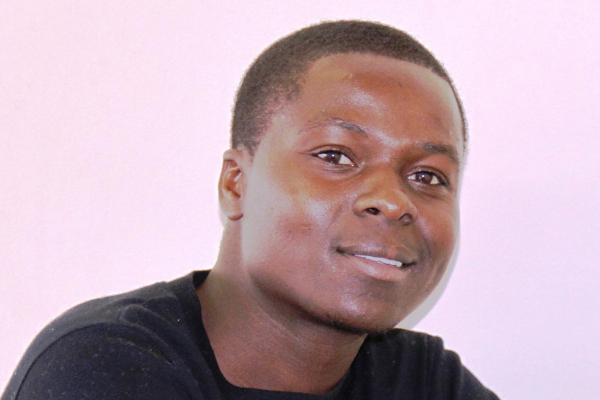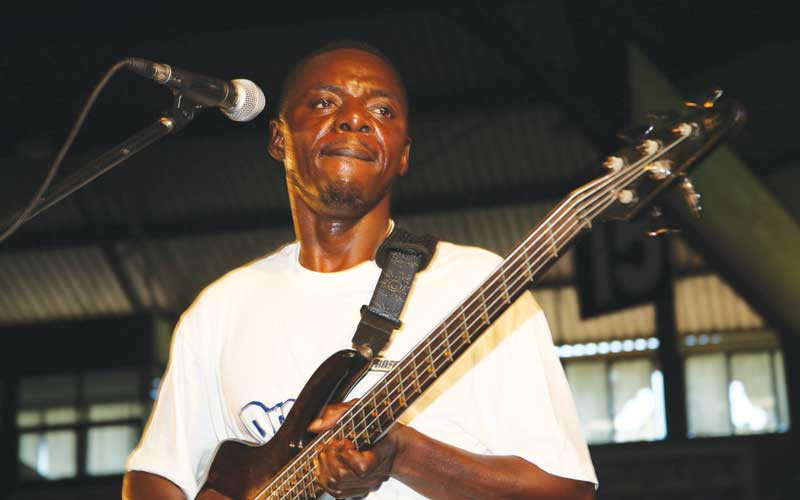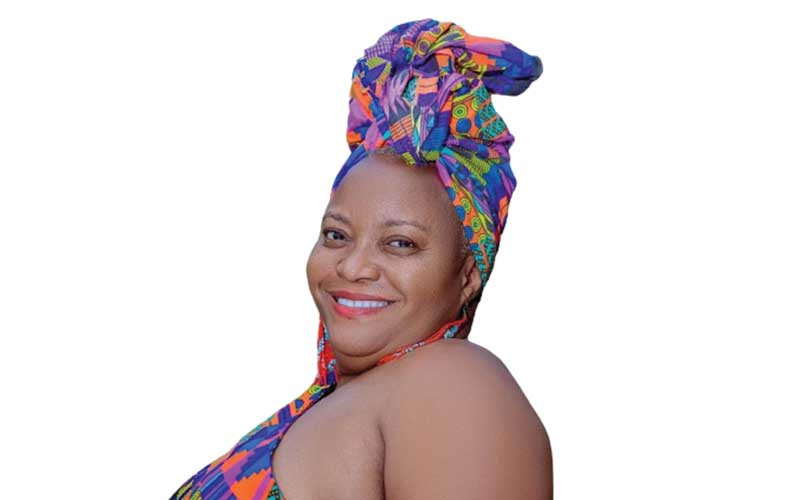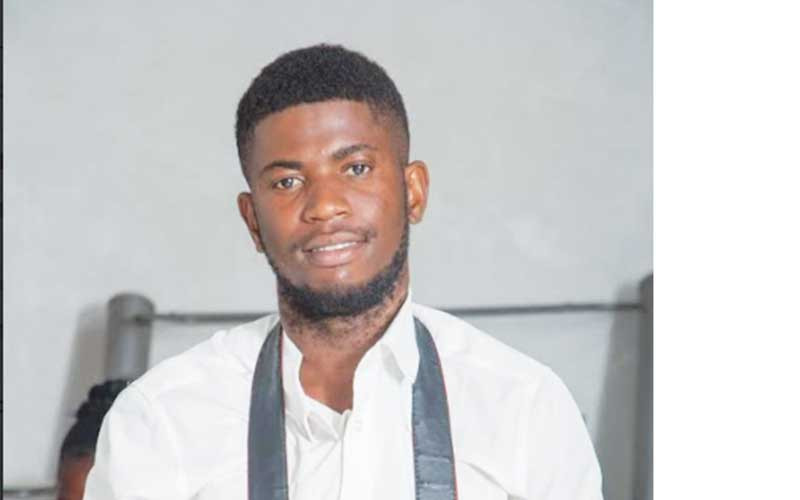
THE relationship between music promoters and artistes has often been tense, with musicians accusing the former of using their pictures to advertise concerts in which they are not participating.
NewsDay (ND) Life & Style reporter Winstone Antonio spoke to Partson Chimbodza (PC) of Chipaz Promotions about this and other related issues. Below are excerpts from the interview.
ND: You are a mechanic by profession, what motivated you to venture into music promotion? PC: I started music promotion in 2006 as I had a passion for sungura. This saw me running a nightclub, Club Chipaz at Makoni in Chitungwiza where I used to bring artistes such as the late Tongai “Dhewa” Moyo, Cephas Mashakada and Allan Chimbetu for live performances. I would make more sales every time I had live bands. Dhewa used to pull crowds at my joint every weekend, so I then decided to take him elsewhere. I remember I paid him for 27 shows in advance as accessing Alick Macheso was very difficult. I started going all over Zimbabwe with him and Madzibaba Nicholas Zakaria.
ND: You once quit music promotion because you had created more “enemies” than friends, what has brought you back in the game?
PC: When something is in your blood, it’s difficult to quit. As someone who has a passion, I thought I wanted to learn one or two things from other promoters and honestly, I felt I still had a lot to offer in the industry. ND: There has been debate that in Zimbabwe, we don’t have music promoters but businessmen in music. What’s your take on that?
PC: People must understand what it means to be a promoter. A promoter is one who identifies talent and nurtures it. Because art is business, we have entrepreneurs, but people fail to differentiate the two. A promoter is also a businessperson, hence the business aspect.
ND: How best can you describe music promotion in Zimbabwe?
PC: Music promotion is too risky in Zimbabwe, so you need a fallback plan, otherwise you will have heartbreaks. But when done right, it’s good business. I wanted to build a name that every artiste would talk about.
- Chamisa under fire over US$120K donation
- Mavhunga puts DeMbare into Chibuku quarterfinals
- Pension funds bet on Cabora Bassa oilfields
- Councils defy govt fire tender directive
Keep Reading
ND: There are claims that you use big-name artistes to promote shows where they do not feature, how far true is it?
PC: That is not true. Of course, we are not 100% perfect, but we try to be as professional as possible.
ND: Promoters are accused of destroying some artistes’ careers, how far true is it?
PC: I don’t destroy what I have not built. Besides, who am I to destroy what God created? If ever I have a misunderstanding with an artiste, which is normal, I try to solve the issue amicably. In the event of failure, we just part ways.
ND: Do promoters have the power to make or break artistes?
PC: No. Promoters must identify talent and nurture it, so we must complement each other.
ND: There are allegations that you don’t see eye-to-eye with artistes including Jah Prayzah, Winky D, Andy Muridzo, Progress Chipfumo and Tocky Vibes, your comment.
PC: All these are my young brothers. For me to be where I am today, they played a role to build the name Chipaz.
Even during this COVID-19-induced lockdown, I spoke to Jah Prayzah, Winky D and Proggie. The problem is that people just spread wrong information. When an artiste grows, so does his empire. This means something I used to help them with, like advise, will now be handled by the public relations team so it means our time to meet becomes limited.
ND: Some fellow promoters accused you of barricading venues such as the City Sports Centre and Harare Gardens, what’s your comment on that?
PC: We had a memorandum of understanding with Harare City Council that ran for five years. If you want to use a venue that is depreciating in standards and you offer to repair or improve it with agreed conditions, other promoters won’t understand that, but as Chipaz Promotions, we plan in advance.
ND: Is there gender bias when it comes to selecting artistes for concerts?
PC: Arts is business. Female artistes must up their game to be called in for performances. I took the late Beater Mangethe from Bulawayo to perform in Harare. I have also brought Sandra Ndebele from Bulawayo to perform in Harare because they appealed to fans. When we hosted the Jamaican singer, Roman Virgo concert, Ammara Brown performed. I have also worked with Afro singer Jean Masters and Diana Samkange. My point is, up your game, we do and work with what fans want to see on the stage.
ND: What have been your best and worst concerts?
PC: My best concerts were when we brought in Davido and Busy Signal. But my local best show was the STING 2014 featuring dancehall chanters Soul Jah Love versus Seh Calaz, although people thought I was promoting beef. But STING means several talented individuals need guidance. My worst show was the late Oliver Mtukudzi’s Tuku Concert in Beira, Mozambique, that was rain-washed.
ND: How do you handle a situation when a concert flops?
PC: When an event flops, simply engage service providers and have a payment plan that you abide by for business continuity.
ND: You were once accused of externalisation of foreign currency. What happened?
PC: My hands were clean because we were paying international artistes to come and perform in Zimbabwe. Remember Chipaz Promotions brought Davido, Busy Signal, Luciano, I Octane, Charly Black, Poptain and Romain Vigo to Zimbabwe. I think I deserve an honorary (laughs).
ND: Is our government doing enough to support the arts sector?
PC: The government usually supports associations more than individuals, hence our mission to have an association, so at this juncture we blame ourselves as promoters for lacking that unity to achieve a better artistic Zimbabwe.
ND: Have you, as promoters, embraced new ways of doing business in the wake of COVID-19?
PC: Oh yes! That is why we applaud and thank the NashTV initiative of live streaming which will be the source of income if done well in the near future to most artistes.
ND: Your parting shot?
PC: As promoters let us unite for a better artistic Zimbabwe. Big up to everyone who is bringing life to the industry. As promoters, let us not compete, but let us complement each other.











